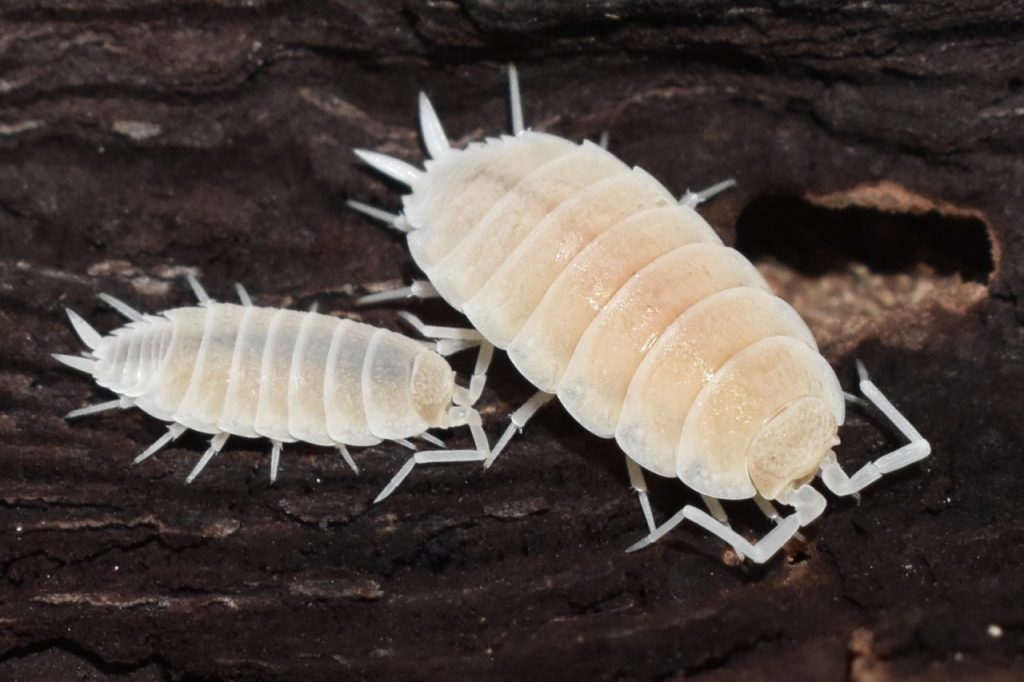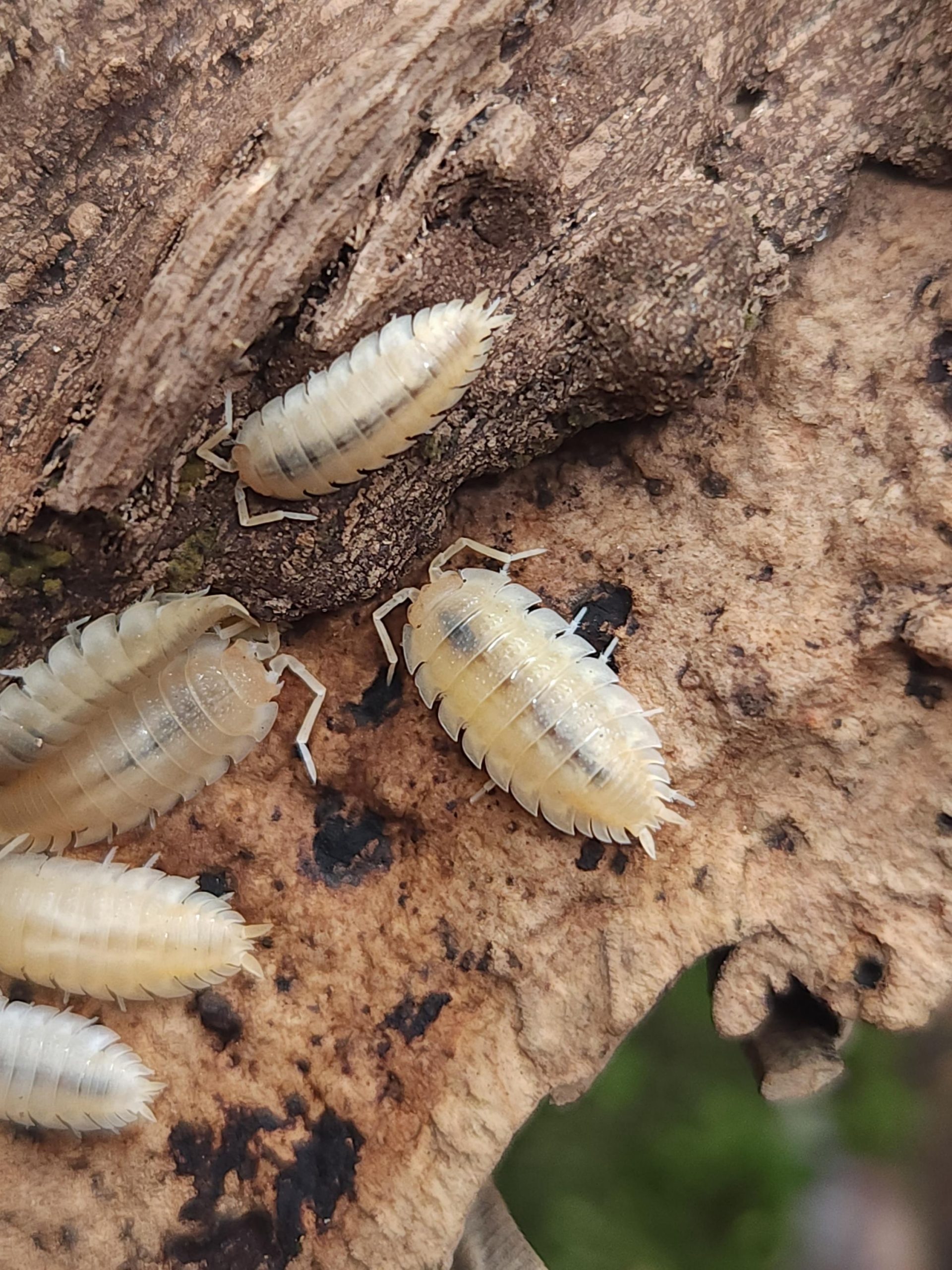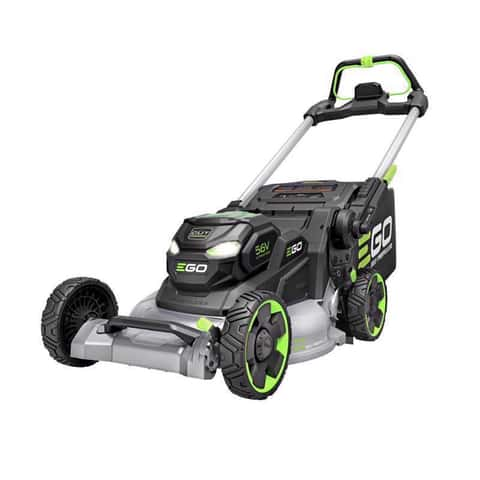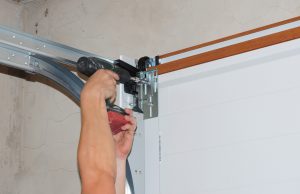
Today’s environmental practices center on sustainability, and one increasingly used method for environmentally friendly waste management is the composting of snow white isopods. Often found in gardens and damp surroundings, these organisms can convert organic waste into rich, nutrient-dense soil, therefore helping to improve soil condition and waste reduction.
The Role of Snow White Isopods in Composting
Commonly called pill bugs or woodlice, isopods are detritivores—that is, they eat dead organic waste. In composting systems, they break down organic waste, including kitchen scraps, yard trash, and other biodegradable items. Snow White Particularly prized for their effective breakdown of organic materials, isopods create humus with plenty of nutrients. Their digestive system operates by eating rotting plant matter and other organic waste, which is subsequently broken down in their gut and expelled as castings that improve the soil.
Both indoor and outdoor composting systems would benefit from these isopods since they flourish in dark, wet surroundings and are therefore perfect for both. Their action accelerates the breakdown process, therefore facilitating the breakdown of items that could otherwise require far more time to organically compost. For individuals trying to sustainably handle home garbage, they are therefore a great option.
Why Choose Snow White Isopods?

Because of their special advantages, Isopods are especially appealing to individuals engaged in vermiculture or composting:
Efficient Waste Breakdown:
Among the organic trash these isopods can eat and break down are vegetable scraps, fruit peels, coffee grounds, and even cardboard. This lessens trash volume and speeds up the composting process.
Soil Enrichment:
Snow White Isopods produce nutrient-dense, rich, dark compost when they break down garbage. For plants, the produced castings are quite helpful since they enhance nutrient availability, water retention, and soil structure.
Low Maintenance:
Isopods are really easy to maintain, unlike bigger composting critters. Both novice and experienced gardeners will find them perfect as they need a wet atmosphere, food source, and appropriate habitat to flourish.
Aesthetic Appeal:
Isopods are aesthetically pleasing as well as useful given their stark white color. Their unusual hue makes them a common choice for individuals interested in insect-based composting systems, sustainable gardeners, and educational settings.
A revolution for environmentally friendly composting is snow white isopods. These low-maintenance, effective animals can assist in lowering organic waste, improving soil quality, and supporting a more environmentally friendly way of living. Including these Isopods into your composting schedule will have a big effect on the condition of your garden and waste management, therefore producing a vibrant, environmentally friendly ecosystem right in your backyard.








